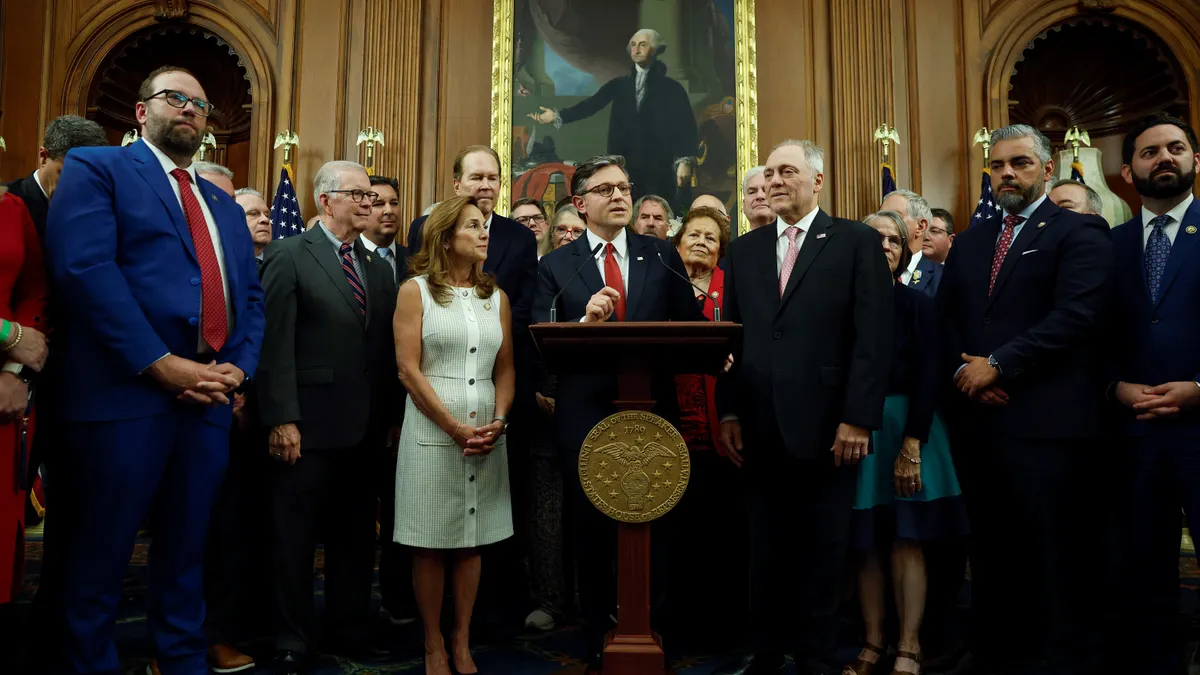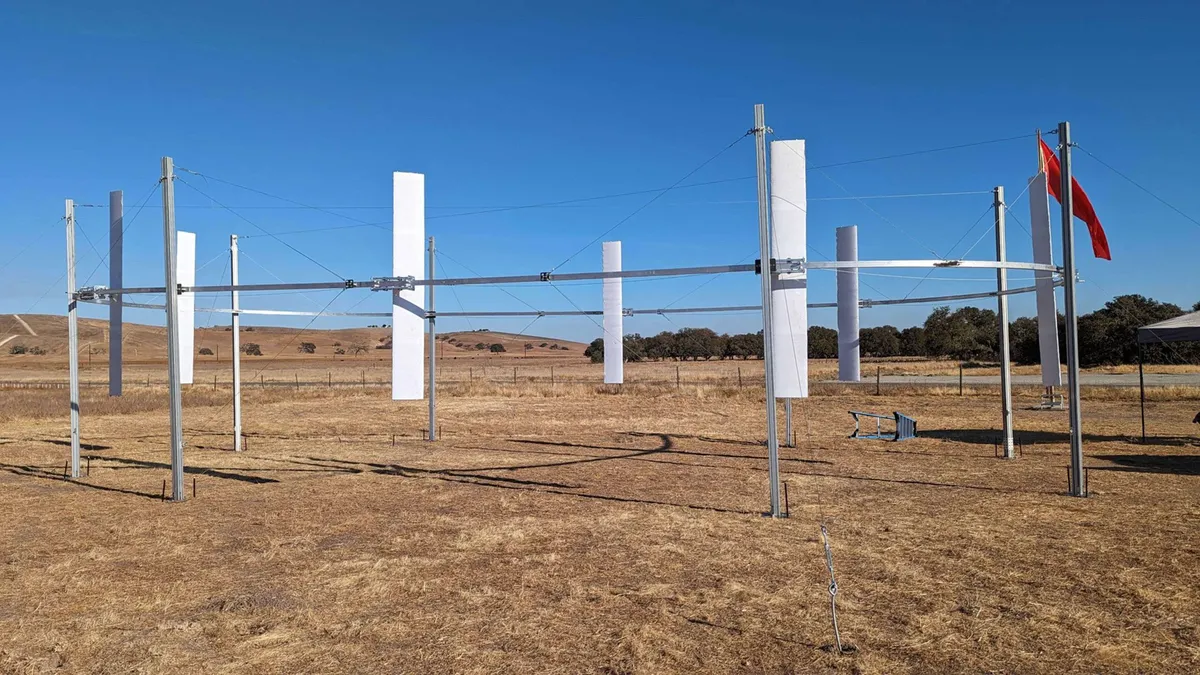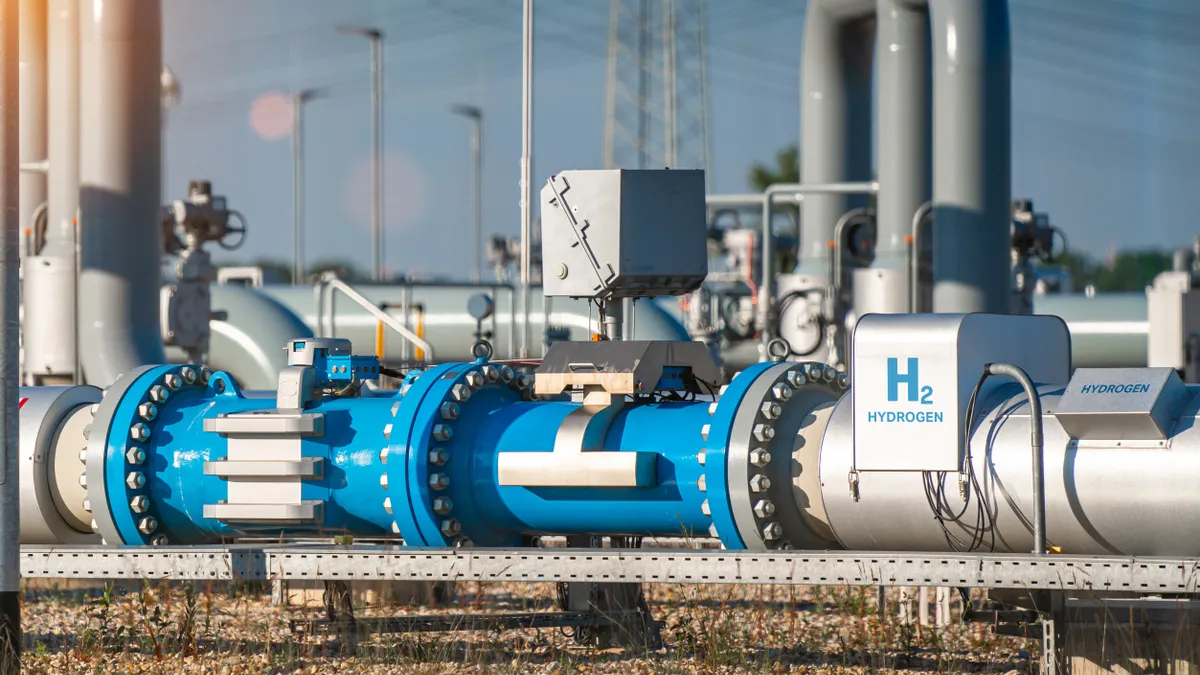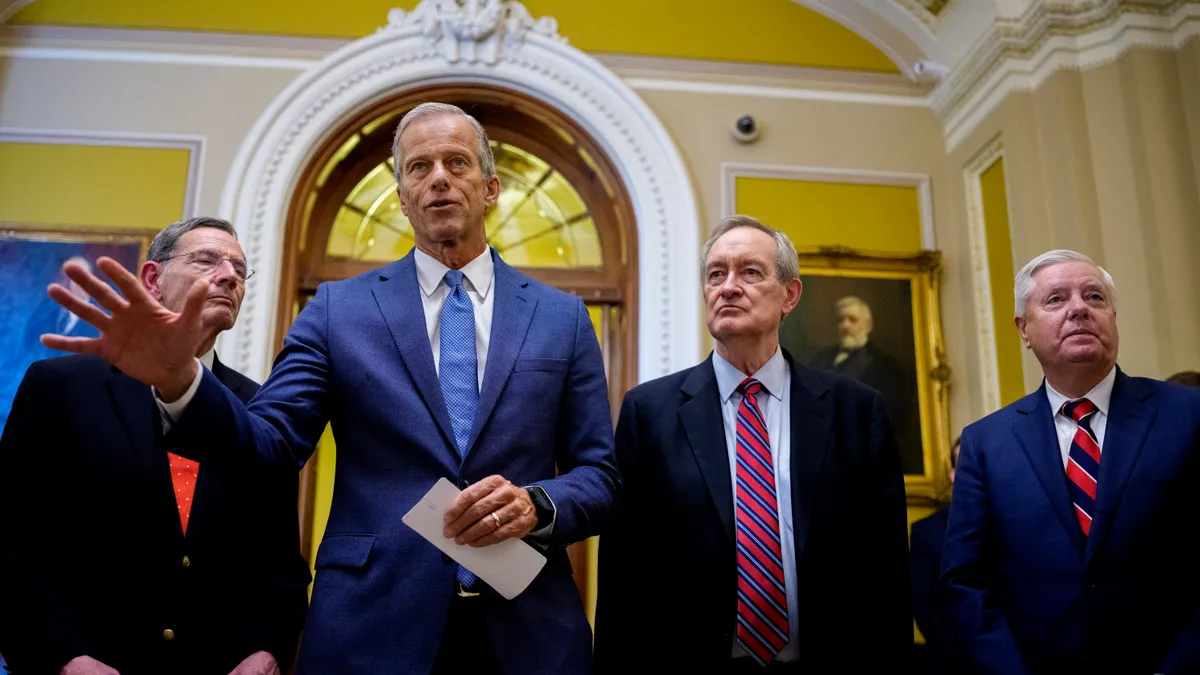The following is a contributed article by Nat Kreamer, CEO of national business association Advanced Energy Economy, former chairman of the Board of the Solar Energy Industries Association, and co-founder of SunRun.
As the nation confronts the coronavirus crisis, protecting human health and safety, mitigating the financial impact on people facing job loss or disruption, and addressing the disruption of those industries that are most affected by this health crisis must be the priority.
Many of the 3.5 million workers in the advanced energy industry have jobs on the line right now. COVID-19 has disrupted the global supply chain of the advanced energy industry, which impacts the industry's workforce, suppliers and customers. Construction delays and economic uncertainty are jeopardizing financing of projects through available federal tax credits. All of these factors affect advanced energy companies' ability to support their current workforce and help American's save money on energy consumption, which is an essential basic service.
Some impacts are unavoidable, and some may be best addressed in future measures to get America fully back to work. But there is one simple, no-cost fix that Congress could enact now to keep a large part of the advanced energy industry on track: direct payment of federal incentives for advanced energy development.
Installations of solar, wind, battery storage, fuel cells, and other advanced energy technologies receive financial support from federal tax credits, which are used to finance projects. Those tax credits are realized through the tax equity market, where companies claim the credit on their taxes after investing in renewable energy projects. Because any American taxpayer is eligible to invest in renewable energy and claim a federal tax credit for doing so, theoretically the tax equity market should be very large with many participants.
However, unfamiliarity with energy investments, the illiquid nature of tax credit investments, and the arcane rules associated with them drastically constrain the tax equity market, throttling the growth of the industry in good times and threatening its solvency in crises that include the 2008 Great Recession and today. The reality is the tax equity market is concentrated among a dozen large banks that profit from controlling the market.
When the economy suddenly grinds to a halt, as it is doing now because of the COVID-19 pandemic, the banks forecast little tax liability to be offset – and the tax credits become worthless. Even banks that still have the ability to use tax credits may not lend. At a time of uncertainty, they may treat renewable energy development as too risky, compounding the financing problem of tax-credit dependency. Consequently, projects on the drawing board for this year and next get put on hold, or canceled altogether. The result is jobs are lost, companies implode, and consumers as well as businesses pay more for energy.
At the end of 2019, the pipeline of wind projects had reached a record high, with 22,000 megawatts (MW) in advanced stages of development, but not yet under construction; 20,000 MW of large-scale solar was expected to be installed this year, up 47% from 2019, part of a contracted pipeline of 48,000 MW. Dependent as they are on tax-credit financing, much of this wind and solar development is now at risk, along with the jobs of the nearly 500,000 wind and solar workers in the United States. Companies are drawing up layoff plans now.
Congress can fix this, once and for all, by converting all Section 48 tax credits to 100% direct payment, and making the change permanent.
The cost to the federal government is the same; it would just take the form of budget expenditure, instead of foregone tax revenue. But it would provide certainty in project financing, instead of subjecting it to the vagaries of the tax equity market.
Doing it now will ease the disruption of project development being felt due to the disease-related economic slowdown and associated financial uncertainty. Doing it permanently will put more federal money to work developing projects and paying workers immediately instead of giving Wall Street a slice.
Also, projects should not lose eligibility for crucial financing due to the kind of delays that are rippling through the economy right now. For that reason, it would be helpful to push back the start-construction and “safe harbor” deadlines to qualify for tax credits to mitigate the pandemic-related disruptions now happening. But extending eligibility will mean little if the tax credits themselves lose their value. Direct pay solves that problem.
Containing the coronavirus and then managing the economic fallout from the pandemic is an enormous challenge. But converting federal renewable energy funds from tax credits to direct payments is easy. We did it, briefly but with great success, in the Great Recession. Now, let's fix the problem for good.





















